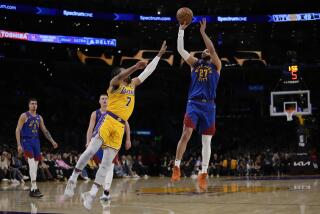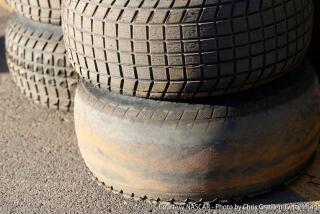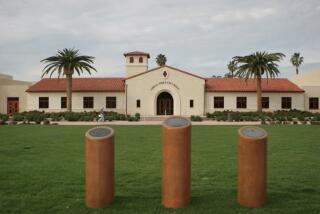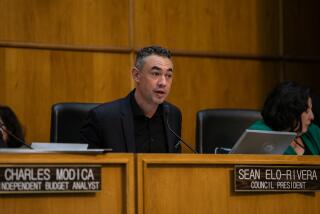Canada to witness most hotly contested general elections in recent years
Following a 78day election campaign, around 25 million Canadian voters will decide Monday the country’s next government in an electoral process that is almost certain to bring the Liberal Party back to power, according to opinion polls.
Latest opinion polls show liberals at 36.3 percent, ahead of Prime Minister Stephen Harper’s ruling Conservative Party by five percent, said analyst Eric Grenier, one of the most respected statisticians in the country, on Sunday.
In third place is the New Democratic Party, or NDP, whose popularity has shrunk in the last few weeks, though they kicked off as favorites.
If these figures still hold Monday at the close of voting, the liberals would stand to win 137 seats from a total of 338 in the lower house of the Canadian Parliament, against 122 by the Conservative Party and 73 by NDP, while the separatist Bloc Quebecois and the Green Party are expected to lag behind with five and one seats respectively.
However, being a country with great political, social, ethnic and religious diversity, and above all, which follows a firstpastthepost electoral system, the final results could be very different from what poll surveys suggest.
Canada has not witnessed such interest in an election for a long time.
Elections Canada, the public body which administers the elections, said Sunday more than 3.6 million Canadians had already cast their vote in advance polls, and they expect a massive turnout at the polling centers Monday.
With poll surveys not in his favor, Harper launched a frenzied attack against liberal leader Justin Trudeau, whose victory, he warned, would mean a return to corruption, referring to the scandals, which shook the Liberal Party in 2005.
Harper, who came to power in 2006 and has since won three general elections, is also mired in controversies, including his association with former Toronto Mayor Rob Ford, notorious for binge drinking and “crack” consumption.
This, along with a string of polemical decisions taken by the prime minister during the campaign, has drawn criticism from many quarters, including noted conservatives such as Chris Selley, National Post columnist and Benjamin Perrin, a former lawyer for the prime minister in 2012 and 2013 examples of Harper’s growing unpopularity.
NDP leader Thomas Mulcair declared at a rally Sunday there was “a snowball’s chance in hell,” of his party supporting Harper in case no political party achieved absolute majority.









